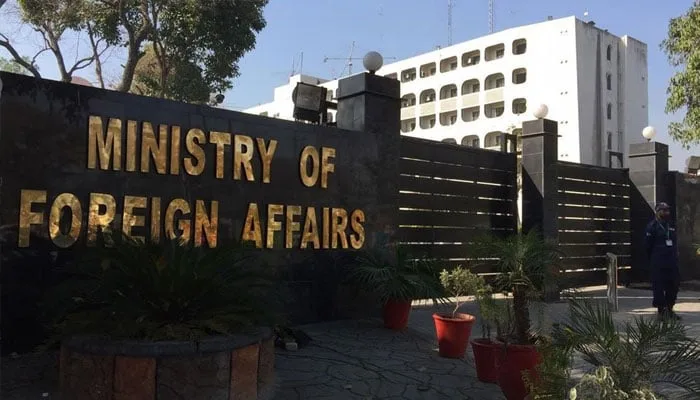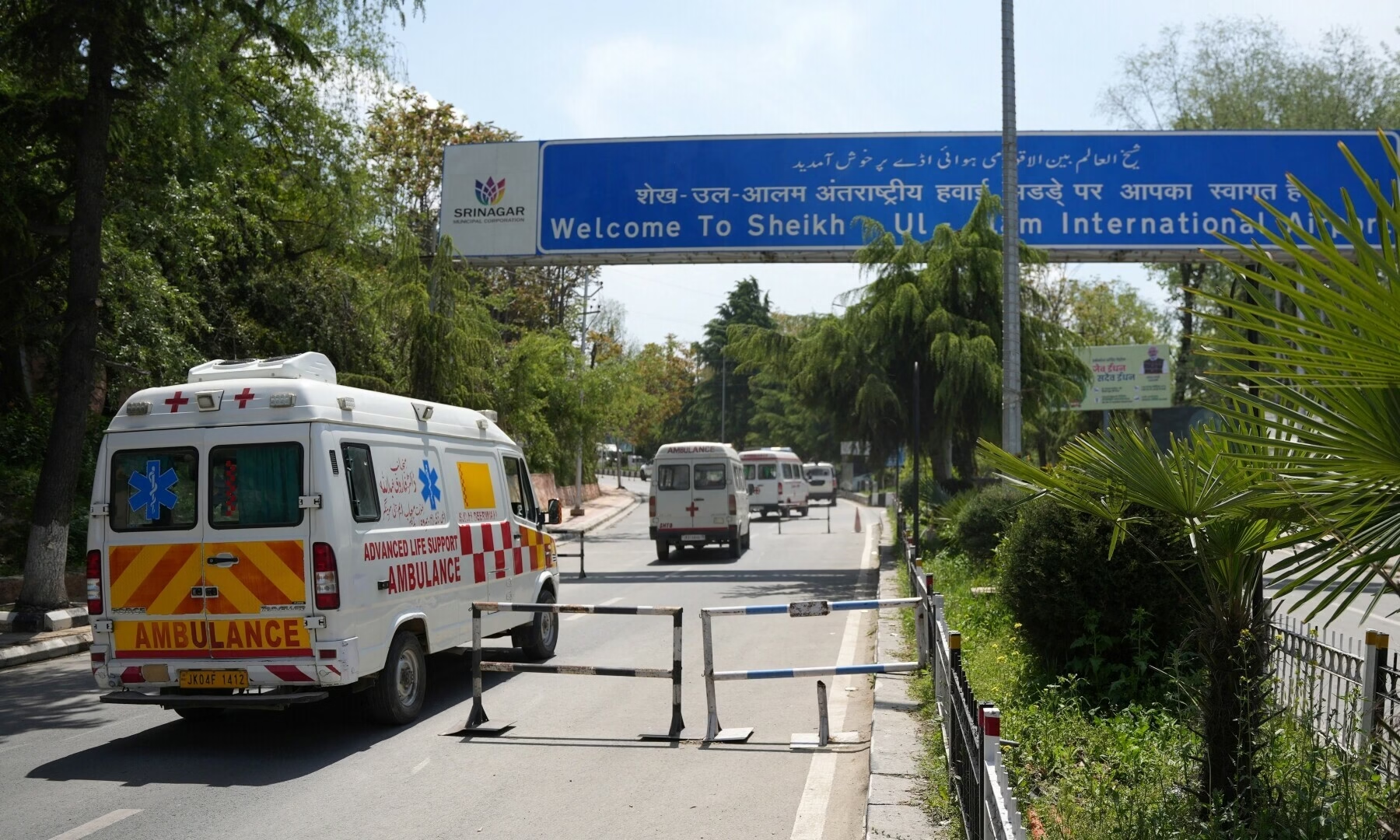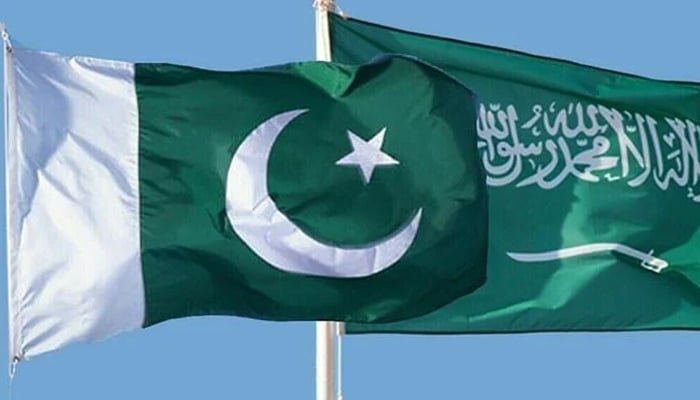ISLAMABAD: Pakistan has firmly rejected what it calls baseless, untrue, and offensive statements made by the Indian leadership. This stance was reiterated by the spokesperson of the Foreign Office, Mumtaz Zahra Baloch, during a weekly briefing where she addressed a range of diplomatic issues.
Baloch condemned the recent aggressive rhetoric from Indian officials, emphasizing that Pakistan remains resolute in defending its security and territorial integrity. She highlighted that such statements from India are not only unfounded but also detrimental to regional stability. Pakistan’s commitment to peace and security extends to its support for Afghanistan’s territorial integrity and sovereignty. The spokesperson noted that Pakistan has communicated its concerns about the Pak-Afghan border situation to the Afghan administration, underscoring the importance of mutual respect and cooperation in maintaining regional security.
In the same briefing, the spokesperson addressed the strong and enduring relationship between Pakistan and Iran. She detailed the outcomes of the recent visit by the Iranian President, during which several agreements were signed, including the declaration of Gwadar and Chabahar as twin ports. This move is seen as a strategic enhancement of bilateral ties and economic cooperation. Baloch stressed that there has been no adverse reaction from Iran concerning any issues with India, indicating a stable and constructive diplomatic relationship between Pakistan and Iran.
Additionally, Pakistan’s support for Palestine was reiterated, with the spokesperson confirming that Pakistan has fully backed the resolution to grant membership to Palestine in the United Nations General Assembly. This stance aligns with Pakistan’s longstanding policy of advocating for Palestinian rights and sovereignty on international platforms.
The Kashmir issue remains a critical concern for Pakistan, as highlighted by Baloch during the briefing. She expressed deep sympathy for the families of the victims in Occupied Kashmir, noting the ongoing struggles they face. The spokesperson specifically mentioned the plight of thousands of Kashmiri women who have lost their husbands to violence perpetrated by the Indian Army. This ongoing conflict and the resultant human rights abuses continue to be a focal point of Pakistan’s diplomatic efforts, with calls for international intervention and resolution.
In light of these statements, it is evident that Pakistan is maintaining a firm and principled stance on several key diplomatic issues. The rejection of Indian rhetoric underscores Pakistan’s commitment to safeguarding its national interests while advocating for regional stability and cooperation. The emphasis on strong bilateral relations with neighboring countries like Iran and Afghanistan further reflects Pakistan’s strategic priorities in fostering peaceful and mutually beneficial relationships.
The reaffirmation of support for Palestine and the condemnation of human rights abuses in Kashmir highlight Pakistan’s broader commitment to justice and human rights on the global stage. These positions are not only integral to Pakistan’s foreign policy but also resonate with its national identity as a proponent of Muslim solidarity and international justice.
Pakistan’s response to recent statements by Indian leadership and its broader diplomatic positions illustrate a multifaceted approach to international relations. By addressing security concerns, strengthening regional alliances, and advocating for human rights, Pakistan is navigating a complex geopolitical landscape with a focus on both national and regional stability. The Foreign Office, under the guidance of spokesperson Mumtaz Zahra Baloch, continues to articulate these positions clearly, reinforcing Pakistan’s commitment to principled diplomacy and international cooperation.



